Energy
Oman’s top energy stakeholders gather to draft 25-year energy master plan
Oman’s top-100 energy sector stakeholders participated in a workshop today to draft and shortlist the most critical recommendations to be included in a 25-year Energy Master Plan, including education reform, that could help set the Sultanate on a sustainable path as an energy consumer and exporter for the coming decades.
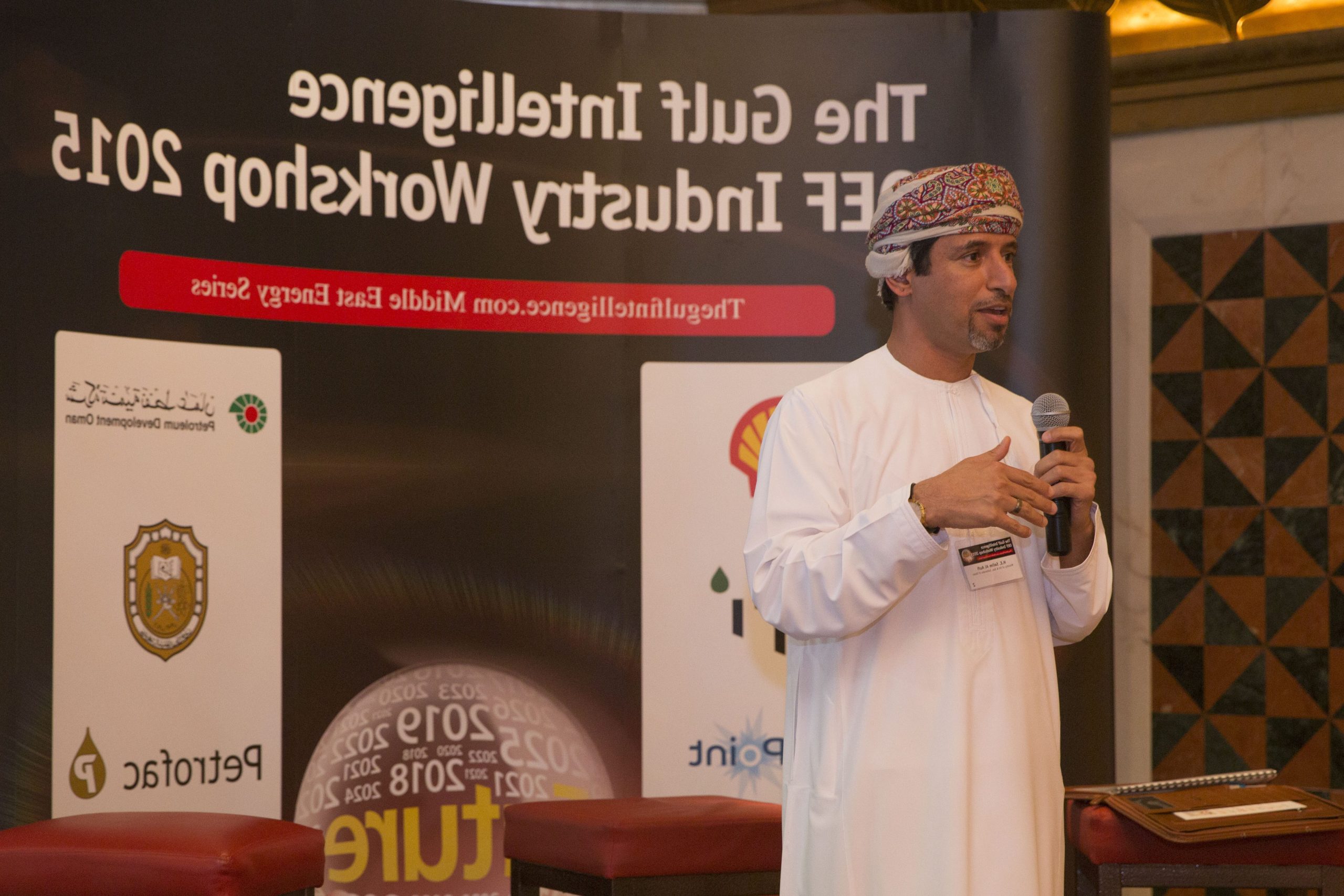
Oman’s top-100 energy sector stakeholders participated in a workshop today to draft and shortlist the most critical recommendations to be included in a 25-year Energy Master Plan, including education reform, that could help set the Sultanate on a sustainable path as an energy consumer and exporter for the coming decades.
Oman Power and Water Procurement Company (OPWP) is predicting that peak power demand will about double to 9,133 megawatts (MW) in 2020 from 4,455 MW in 2013, adding significant pressure on the Sultanate’s already tight natural gas resources used to fire local power stations, feed industries such as petrochemicals, and for export in liquefied form.
Under the auspices and guidance of the Ministry of Oil and Gas, the 100 delegates at the workshop agreed that Oman needs to devise a long-term strategy to diversify its energy mix and add alternative power generation sources such as renewable energies, while also enhancing energy efficiency and improving demand-side management both on an individual and industrial level.
“Human capital development is the cornerstone to any organization wanting to survive a competitive industry and grow. The interaction between industry and academia is critical to prepare and develop the workforce required to grow the industry. As the mismatch continues between industry demands and academia, including vocational training institutes, fresh recruiters tend to waste more time getting retrained and skilled, while industry resources are wasted getting what academia is set to achieve,” said His Excellency Salim Al-Aufi, Undersecretary of the Ministry of Oil & Gas, who attended the OEF Workshop 2015.
The Omani hydrocarbons sector, which accounts for roughly half of Oman’s gross domestic product (GDP) according to the country’s Ministry of Finance, is a major employer of Omanis and has brought some of the most sophisticated technologies for oil recovery to the Sultanate.
Given the sector’s significant role in the Sultanate, it will have to be at the forefront of addressing pressing domestic challenges such as the alignment of industry and academia, supporting the development of small and medium enterprises, and fostering innovation and human development as part of a broader strategy to transform the country into a sustainable, knowledge-based economy from a hydrocarbon-based one.
“It is crucial to bolster co-ordination between the relevant bodies — Ministry of Manpower, Ministry of Education and Industry – to address alignment, funding and replication of vocational training programs that are proving successful and are critical enablers to raising productivity and longer-term sustainability,” said Raoul Restucci, Managing Director, PDO, who led one of the Workshop’s sessions.
As larger numbers of Oman’s young and growing population are entering the domestic job market, matching workers’ skills with rapidly-evolving labor market requirements in particular has emerged as a top concern among industry and government leaders in recent years.
This is of particular importance in a highly-competitive, globalized world constantly striving to improve productivity, and requires a best-practice approach to education and training as part of a broad ‘skills matching’ strategy.
-

 Real Estate2 months ago
Real Estate2 months agoAl Mouj Muscat Unveils Azura Beach Residences Phase 2: A New Chapter in Waterfront Living
-
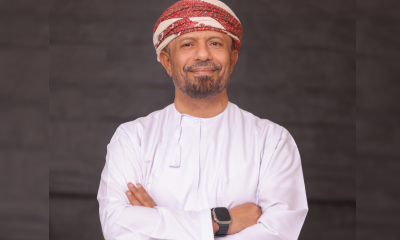
 Leaders Speak2 months ago
Leaders Speak2 months agoDhofar International Development and Investment Company: Driving Sustainable Growth and Strategic Synergies in Oman’s Investment Landscape
-

 Economy1 month ago
Economy1 month agoMaal Card: What Oman’s New National Payment Card Means for Everyday Users
-
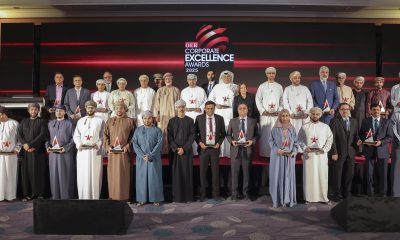
 Events1 month ago
Events1 month agoOER Corporate Excellence Awards 2025 Honours Entities and Innovations in Oman
-
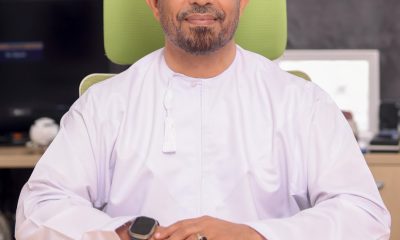
 OER Magazines2 months ago
OER Magazines2 months agoOER, October 25
-
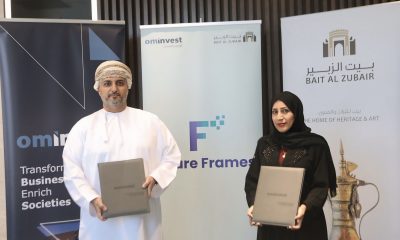
 Arts and Culture2 months ago
Arts and Culture2 months agoOminvest and Bait Al Zubair Launch “Future Frames” to Empower Youth through Art and AI
-
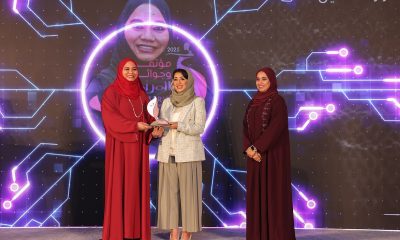
 News2 months ago
News2 months agoMs. Noor Saldin, Founder of Modern Generation International School, Wins Woman of the Year 2025; School Honored for Empowering Future Female Leaders
-

 News1 month ago
News1 month agoSheikh Suhail Bahwan, Chairman of Suhail Bahwan Group, Passes Away































You must be logged in to post a comment Login